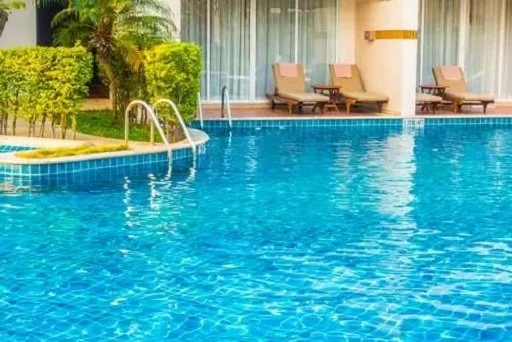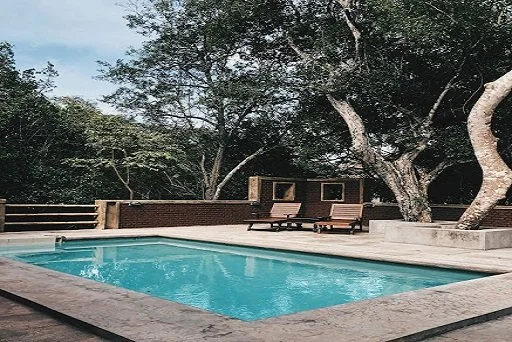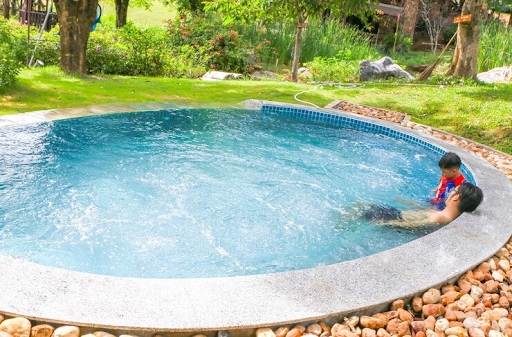Decoding the Different Characteristics of Cocktail Pools and Dip Pools
When choosing a pool for your backyard, it's important to understand the different options available. Cocktail pools and dip pools are two popular choices, each with unique characteristics that suit various needs and preferences. Cocktail pools are typically small, shallow, and designed for relaxation and socializing, often featuring built-in seating and jets. However, dip pools are compact and mainly used for cooling off and quick dips. Knowing the features of both these pools will help you in selecting the perfect addition to your backyard, making sure it meets your lifestyle and space requirements.
10 Tips for Deciding Between Cocktail Pools and Dip Pools
Selecting between both these pools can be a big decision for homeowners wanting to improve their outdoor living space. Each pool type has its advantages, so it's important to consider various factors before making your choice.
Assess Your Space: Consider the size and layout of your backyard. Cocktail pools are usually shallow and designed for socializing, while dip pools are more minor and intended for cooling off. Measure your available space to see which pool fits best.
Determine Your Purpose: Think about why you want a pool. A cocktail pool might be better if you want a place to relax, entertain guests, or enjoy a hydrotherapy experience. A dip pool could be the right choice if you’re looking for a simple way to cool down on hot days.
Consider Maintenance: Maintenance is an important factor in selecting a pool. Cocktail pools often have more features, such as built-in seating and jets, which can require more upkeep. Dip pools are simpler and generally easier to maintain.
Think About Cost : Cocktail pools, with their additional features and larger size, can be more expensive to install and maintain. Dip pools are typically smaller and more affordable.
Consider Aesthetics: Consider the design and aesthetics of your outdoor space. Cocktail pools can be more visually appealing with options for creative designs, lighting, and water features. Dip pools are usually simpler but can still be stylish with suitable finishes and designs.
Check Zoning Regulations: Before deciding, check local zoning regulations and building codes. Some areas have specific rules about pool size, depth, and placement. Make sure your preferred pool type complies with local laws.
Plan for Usage: Consider how often and who will use the pool. Cocktail pools are great for gatherings and family fun, while dip pools are perfect for quick solo dips. Consider your household's preferences and needs.
Look at Long-Term Value: Consider the pool's long-term value. A well-designed cocktail pool can add significant value to your property and appeal to potential buyers. Even though dip pools are smaller, the correct design and accessories can still raise the value of your house.
Factor in Climate: Your local climate should influence your decision. In warmer regions, a dip pool might be sufficient for cooling off. In more excellent areas, a heated cocktail pool could extend your swimming season and provide a comfortable retreat.
Consult with Professionals: Finally, consult with pool installation professionals and landscape designers. They can offer insights and suggestions based on your space, budget, and preferences.
The Impact of Cocktail Pools and Dip Pools on the Environment
Understanding the environmental impacts of these pools with Louisiana Land Art is important when considering their installation.
Water Conservation: Dip pools typically use less water than larger cocktail pools, contributing to water conservation efforts.
Energy Efficiency: Cocktail pools with features like jets and heating systems may consume more energy compared to simpler dip pools.
Landscaping: Both kinds of pools can be integrated with environment-friendly design techniques to improve drainage and reduce overflow.
Material Choices: Using eco-friendly pool materials and construction methods can minimize the environmental footprint.
Biodiversity: Properly designed pools can support local biodiversity, providing habitats for beneficial wildlife.
Maintenance Practices: Regular maintenance helps reduce chemical usage and energy consumption, promoting eco-friendly pool operation.
Conclusion
Understanding the unique characteristics of these pools is important for selecting the right fit for your backyard. Consider space, purpose, maintenance, cost, aesthetics, regulations, usage, long-term value, and climate, and seek professional advice. For personalized help on selecting and installing your ideal pool, contact us at Louisiana Land Art today. Also, be mindful of their environmental impacts to make a sustainable choice.


